Publications
Articles, publications, books, tools and multimedia features from the U.S. Institute of Peace provide the latest news, analysis, research findings, practitioner guides and reports, all related to the conflict zones and issues that are at the center of the Institute’s work to prevent and reduce violent conflict.

Andrew Scobell on China’s Aggression in the South China Sea
In asserting its claims in the South China Sea, Beijing “recognizes that international law is not on its side,” says USIP’s Andrew Scobell. Instead, China has resorted to gray-zone provocations against the Philippines and others that “are deliberate, on China’s part, to keep [the situation] below the threshold of war.”
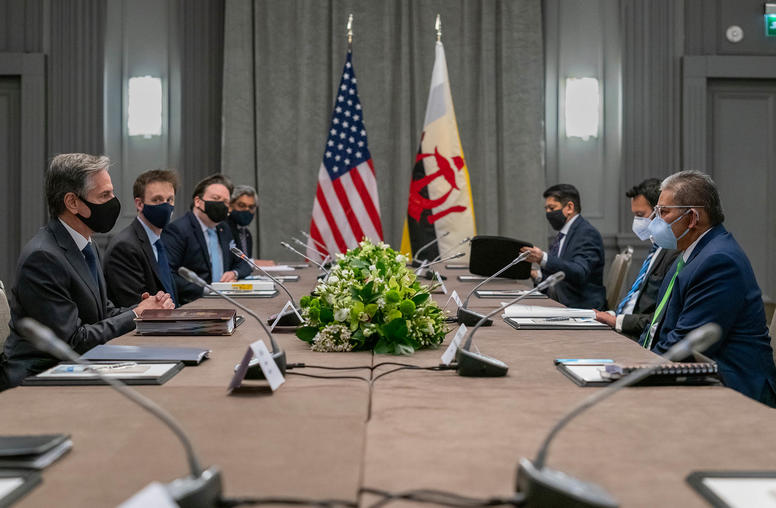
Why Brunei is Hedging Between the U.S. and China
The U.S.-China rivalry is fundamentally transforming the conventional pillars of Asia's economic and political landscape as it plays out across many domains — including diplomacy, commerce, security, intelligence, ideology, values, science and technology. The United States' posture toward China has seen a seismic shift in recent years, driven by American perceptions of China’s rise and the threat it poses. Indeed, China’s economic ascendance and its growing importance in the international system — demonstrated by its economic success, military strength and soft power influence — pose a geopolitical challenge to the United States’ preeminent position in international politics. While this rivalry is shaping the global order, there’s nowhere it’s felt more than in Southeast Asia.
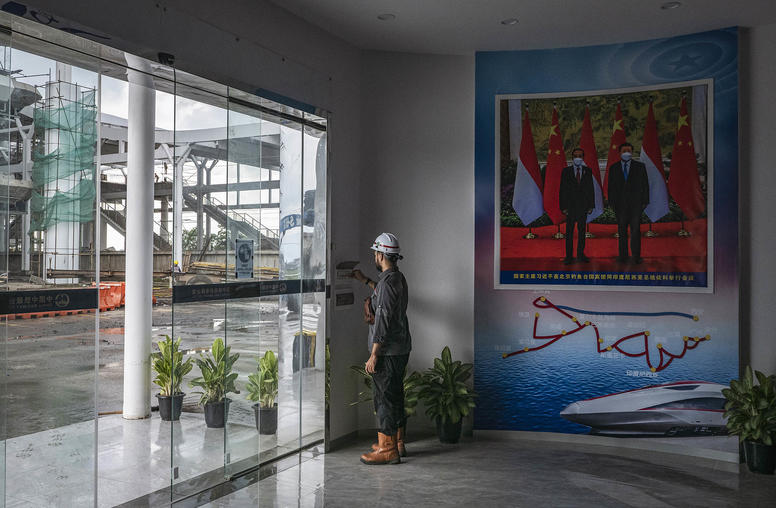
Why China is Rebooting the Belt and Road Initiative
World leaders gathered in China last week for the third forum on the Belt and Road Initiative (BRI), Xi Jinping’s massive, trillion-dollar physical and digital connectivity project. As the BRI turns 10 this year, Beijing is looking to reboot Xi’s signature foreign policy program amid criticism of the debt load it often burdens partner countries with and other environmental and human concerns. In light of these criticisms, China emphasized last week that the future of the BRI is “smaller” and “greener” projects.

Carla Freeman on China’s Belt and Road Initiative at 10
When the ambitious Belt and Road Initiative (BRI) was announced, developing countries were eager to partner with Beijing on infrastructure projects. But a decade later, “a lot of these countries are saddled with immense debt … now that the hype is over, there’s a lot more international scrutiny” of the BRI, says USIP’s Carla Freeman.
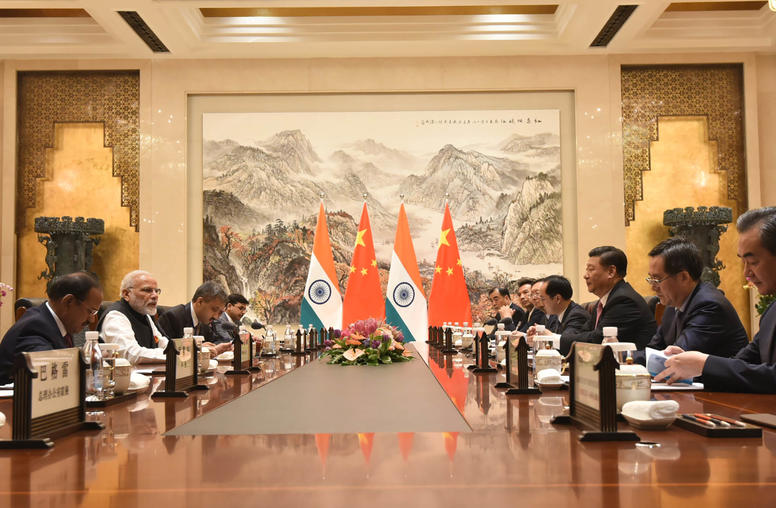
Three Things to Know About China-India Tensions
Relations between the two Asian giants have soured over the last decade, particular following a 2020 border brawl between Indian and Chinese troops in the Galwan Valley. While there are credible concerns that these nuclear powers’ ties are trending in the wrong direction — particularly as both sides continue provocative actions — neither Beijing nor New Delhi wants to see an escalation toward a more serious conflict. For its part, the United States has sought to deepen its security and economic relationship with India as the U.S.-China rivalry intensifies and considers it a vital partner in Washington’s Indo-Pacific strategy.
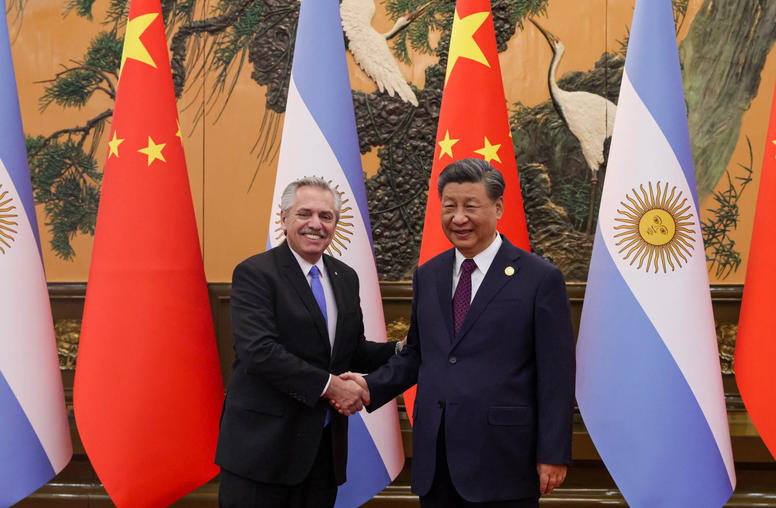
U.S. Needs to Invest More in Latin America to Counteract China in the Region
Amid ongoing U.S.-China competition, Summers’ observation encapsulates one of the key reasons for China’s success across the Global South — particularly in Latin America and the Caribbean. China delivers when it comes to building infrastructure, whether it’s airports and sports stadiums or 5G networks courtesy of Huawei and ZTE.

Amid China Tensions, the Philippines Relies on Alliances and Rule of Law
A diplomatic win, many people said about the announcement of a hotline between the Philippines and China. This was one of the highlights of President Ferdinand Marcos Jr.’s trip to China in January 2023, where he and Chinese President Xi Jinping established a direct line of communications between their two capitals. Specifically, the line would be between departments in each country’s foreign affairs ministries that deal with maritime and border issues. The objective was to prevent the escalation of tension in the West Philippine Sea (also referred to as the South China Sea).

Active Neutrality: Malaysia in the Middle of U.S.-China Competition
From its experience of centuries-long colonization to dealing with decades-long Cold War politics, Malaysia is no stranger to navigating major power competition, which it sees as a recurring reality in international politics. Today’s U.S.-China rivalry is just the latest round — it is not the first and it will not be the last. Still, it is important to consider how U.S.-China competition impacts Malaysia and how it, like other small and secondary states in the region, seeks to exercise agency. Even as this major power rivalry intensifies and limits the country’s space for maneuvering, Malaysia insists on employing “equidistant diplomacy” to hedge against multiple risks and cultivate long-term options.
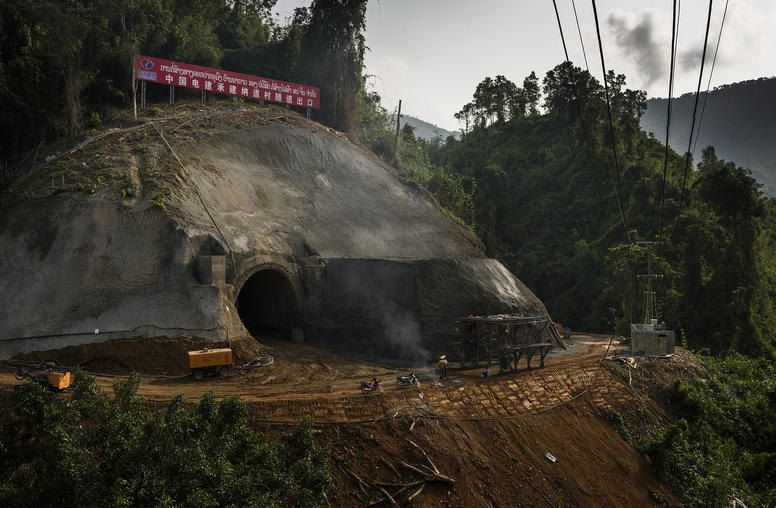
How Laos and Other ASEAN Countries Can Leverage U.S.-China Competition
Recent years have witnessed intensifying U.S.-China competition and tensions in both the political and economic spheres, particularly in areas related to technology, global supply chains, infrastructure connectivity, trade and finance. Southeast Asia has become the center of this strategic rivalry. In the region, the Association of Southeast Asia Nations (ASEAN) has positioned itself as the “central” actor in shaping the regional order and positively engaging with external powers. However, ASEAN’s centrality is increasingly challenged by these two major powers, who have deep and complex ties with Southeast Asia. While this competition poses challenges for ASEAN, there are also opportunities for countries like Laos and others in Southeast Asia to leverage in this tense geopolitical moment.
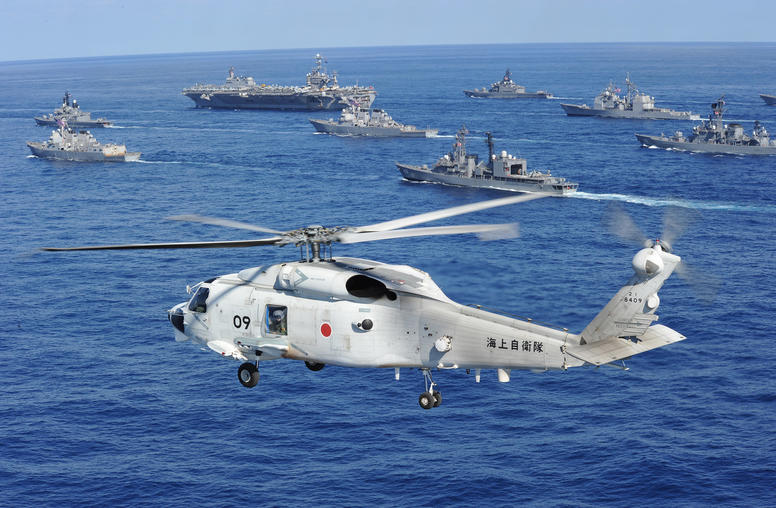
Japan-China Crisis Communications Are Improving but Face Challenges
The urgent need for improved crisis communications mechanisms between China and Japan has been driven home by a number of incidents between the two countries. For example, in January 2013 a Chinese navy vessel directed a fire-control radar at a Japan Maritime Self-Defense Force destroyer. A little over a year later, in May and June 2014, two Chinese military fighter aircraft flew unusually close to Japanese military aircraft. These incidents could have led to a much wider conflagration, particularly in the absence of a crisis communications mechanism.